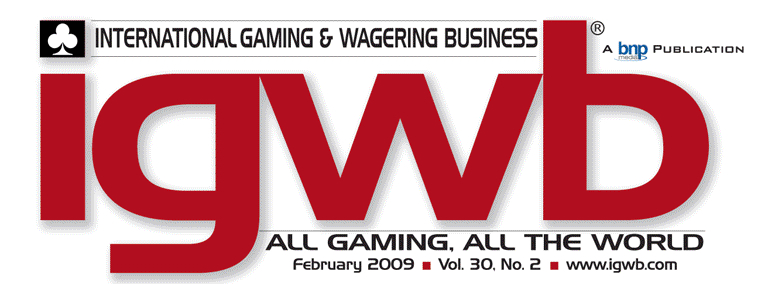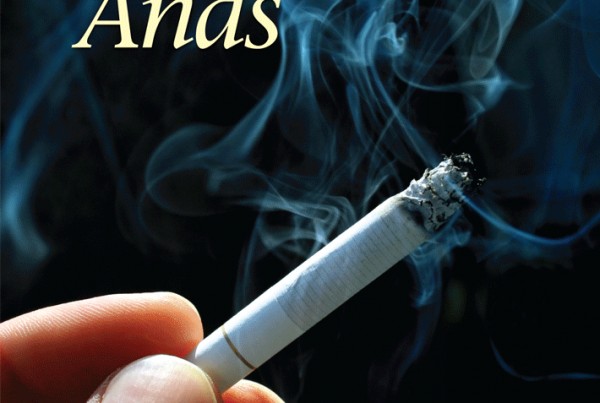Because many casinos’ customers and employees alike complain about tobacco smoke and odor, operators are now implementing technology to improve indoor air quality and protect the health of their guests and employees.
The implementation, use and maintenance of air purifying equipment in a casino environment can reduce the health risks associated with airborne particulates and the gases that cause lingering odors. Most casino operators realize that, in today’s competitive industry, guests stay longer when they feel most comfortable, and improved indoor air quality is just another step toward increasing the player and employee comfort level.
Casino Air Quality
A casino’s indoor air quality is never perfect. In addition to cigarette smoke and odors, cigars have become a fad, which contributes to the smoke clouds that float around slot banks and gaming tables. Other factors affecting indoor air quality includes the level of pollution being brought in with the outside air used to ventilate casinos, bacteria and viruses, and the biological factors associated with having huge groups of people from all over the world in comparatively tight gaming spaces.
The casino industry as a whole has terrible indoor air quality, according to Casino Air, Inc., a Bellevue, Wash.-based company that specializes in indoor air quality in casinos. Even the best of them have bad indoor air quality, because contrary to what the mechanical engineering and contracting community believes, you can’t solve the odor and gas problem with air movement alone.
According to Casino Air, the state of indoor air quality science today is roughly equivalent to where outdoor air quality was 40 years ago. While casino operators are aware of issues pertaining to ventilation and air movement, they aren’t always as familiar with air purification technologies.
While air movement through an HVAC system can be used to reduce the concentrations of particulate matter that makes up visible smoke, Casino Air says air movement can’t significantly impact the gas-phase pollutants which contain the odors that create the gaming industry’s number one problem. The gas molecules stick to finish surfaces such as carpet, ceiling tiles, table felts and textured walls, leaving a casino smelling like smoke even when the visible haze is gone.
In such places, you don‘t see the smoke, but you can smell it because the gas molecules don’t cooperate with the airflow the same way that the visible smoke does.
The reason casinos smell when they’re empty is because the finish materials absorb the odors during high-occupancy periods and release them back into the casino atmosphere when the casino is empty. Basic physics – the gases are going to seek equilibrium, so they stick to the finish surfaces when there’s a lot of people in the casino, and are off-gassed when the people leave.
Plus many casinos are located in densely-populated urban areas, where the outdoor air being used to ventilate the casino is of dubious quality also. So you’re just bringing in more polluted air into a place where the air is already polluted.
The solution: Electrophoresis and oxidation. Casino Air technology modifies the rooftop air conditioning units with technology that charges the tiny dust particles in visible smoke so they stick more readily to the filters in the unit. Since you can’t use HEPA filters in commercial air handling units, you have to charge the particles to boost the conventional filters’ performance. Casino Air can get near-HEPA performance out of conventional filters using our filter-boosting technology.
The second phase of the company’s system injects tightly-controlled amounts of saturated oxygen, or ozone, into the air, which oxidizes almost all of the gas phase pollutants in the casino down to carbon dioxide, oxygen, and nominal amounts of water vapor. This oxidation process eliminates all the smells associated with cigarettes, including the odors which have permeated the finish surfaces.
Many people have concerns about systems that use ozone, but Casino Air explains that there ozone generators include on-board monitors and controllers that ensure that the 50 parts per billion 24-hour, 7-day exposure limit established by the Food and Drug Administration is never exceeded. The Occupational Safety and Health Administration sets the 8-hour, six-day exposure standard at 80 parts per billion, nearly double what Casino Air technology is capable of producing. The Casino Air products are programmed to shut the ozone off completely if the ozone level exceeds 40 parts per billion.
Casino Air emphasizes that there are instances where ozone isn’t the right solution. For example, they refuse to use ozone in any smoking area where ventilation isn’t up to the American Society of Heating, Refrigeration and Air Conditioning Engineers (ASHRAE) standard of 30 cubic feet per minute of outside air per occupant.
Casino Air has been solving tobacco smoke and odor problems for the gaming and hospitality industries for nearly 30 years. The technology they are using now is light years ahead of what we had available to us in the past and provides a quantum leap in performance.
International Gaming & Wagering Business IGWB November 2001



